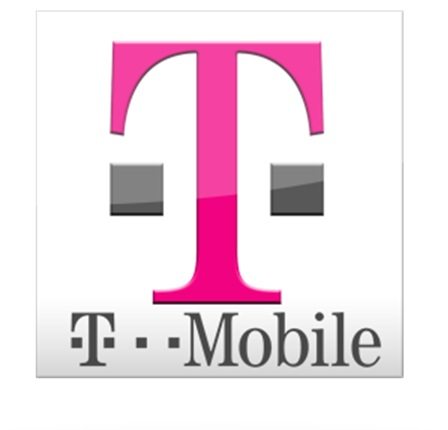I respect the UnCarrier and its maverick CEO, John Legere. While I recognize most of the “disruptive” changes introduced by T-Mobile as little more than marketing gimmicks, they’re effective marketing gimmicks.
When T-Mobile announced Binge On, I initially thought it was the most clever marketing gimmick yet. Unlimited data–in and of itself–is a marketing gimmick for most users, but T-Mobile took an innovative approach to unlimited data. It repackaged it as Binge On–a specific service designed to meet a specific need for customers.
It was brilliant…right up to the part where I learned that T-Mobile is providing preferential treatment for Binge On content while throttling streaming content from other providers that aren’t part of the service. That’s where it went from being an “innovative disruption” to a violation of net neutrality.
It was a difficult struggle for the FCC to finally get a net neutrality framework in place that can withstand legal scrutiny. Unfortunately, implementing net neutrality and enforcing net neutrality seem to be two different things. The FCC’s approval—tacit or otherwise—of T-Mobile’s Binge On service indicates that net neutrality is all but meaningless in the real world, and adding YouTube as the latest trophy for T-Mobile might be a nail in the coffin of what net neutrality is supposed to be.
T-Mobile announced this week that it has reached an agreement with Google to add YouTube and Google Play to its Binge On service. For those of you who don’t know, Binge On is a service T-Mobile introduced that allows customers to view unlimited amounts of streaming content from participating providers without having it count against the data cap on their mobile plan.
Household names like Netflix and Hulu were already part of the Binge On service, but YouTube was conspicuously absent. Now that YouTube is on the Binge On bandwagon, it’s essentially like providing unlimited streaming content for T-Mobile customers.
When it was first introduced I thought it sounded like a brilliant idea—a clever service from a maverick mobile provider that has tagged itself the “UnCarrier”. At face value it really just seemed like a marketing gimmick—a fresh perspective on how to package “unlimited data” in a way that resonates with customers. I can respect that. Kudos to T-Mobile.
Except, it turned out that isn’t really all there is to Binge On. I wrote about the shady process behind Binge On back in January:
“According to Wired, a T-Mobile spokesperson confirmed that customers who have the Binge On service activated will experience degraded download speeds when streaming content from services that are not part of Binge On. The article also claims that T-Mobile confirmed, “They’ll also experience slower speeds when trying to download video files for offline use from websites that do not participate in Binge On, at least until the customer deactivates the service.”
T-Mobile CEO John Legere posted a video rant claiming that the accusations that Binge On infringes on net neutrality were based on semantics. The reality, though, is that Legere’s defense of Binge On—and the definition of net neutrality he crafted to support that defense—is where the semantics come in. Legere maintains that Binge On doesn’t violate net neutrality—even though it provides preferential treatment for some content while throttling content that isn’t part of the service—because customers have the ability to turn Binge On off and revert to standard streaming where all content is equal.
Read the full story on Forbes: T-Mobile Deal With YouTube Might Mean The End Of Net Neutrality.
- AI Voice Clones and Mobile Phishing: The Cyber Threats You’re Not Ready For - July 11, 2025
- Rethinking Cloud Security for the Evolving Threat Landscape - July 11, 2025
- Why Data Security Is the Real AI Risk - June 30, 2025




Telefonica (O2)’s Boss, once asked Google to pay for the additional cost of infrastructure due to YouTube’s strain on it. They refused and the cost ended up getting rolled onto the end user. What I concluded what that internet access needs to become free (and then an inherent and inalienable birth right). Fortunately I’m ex Royal Signals Telecoms and Cyber Defense, so I knew what to do. Now we have a solution which makes internet access free. It combines virtual currency mining, display adverting and selling abundant power reserves back to the grid to generate revenue for the ISP (on behalf of the burden imposed on end-users and their data consumption cost). Furthermore UK Government (and governments alike) will not stop affording us OUR ability to communicate digitally as a privilege without a fight. That’s why it’s important to note that British Subjects are still free to leave, join or form any Society we choose. So we can leave the 1801 UK ‘Society’ and join/form a new ‘Technocratic’ British Society where internet access is a free and inherent right. Something I am doing as a British Oath Keeper. The first Colony of the United Technocracy is in the Caribbean. The project is financed by almost 50 Oath Keepers in my community of British Police and Military.